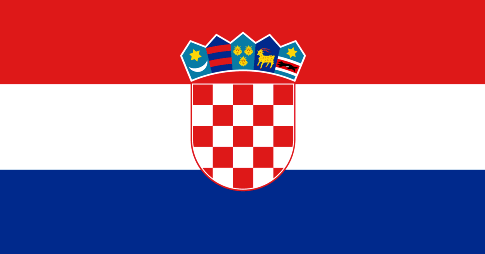May 2015 saw the start of the ‘Step In’ Project funded by the EU’s EuropeAid Programme. ‘Step In’ stands for ‘Supported Employment for Persons with Intellectual Disabilities in Croatia’ and aims at supporting the integration of unemployed persons with intellectual disabilities into the first labour market by increasing their employability and strengthening the capacities of professionals working with disabled people. To this aim the successful German ‘supported employment’ programme is transferred to the Slawonia region in Eastern Croatia. The programme is competency-oriented and addresses the employment related needs of the participants. The measure offers job-related assistance and a tailor-made on-the-job training for people with learning or mental disabilities.
The IB South in cooperation with IB South-West supports the local organisation ‘Zvono’ located in the Slawonia region in Eastern Croatia in introducing the concept of supported employment.
Zvono, which is based in the town of Beliš?e has ample experience in working with disabled people, but sets foot on new ground with the introduction of supported employment, not only for itself, but also for a big part of Croatia. What is very common in Germany, is still vey new in the EU’s newest member state. People with disabilities have very little chances/ opportunities on the labour market. Many have no employment at all or they work in special workshops. Although there now are laws in Croatia which oblige companies from a certain size onwards to also employ disabled people, the companies often prefer to pay a financial penalty rather than employing a person with disabilities. Therefore one of the main goals of the project is also to sensitise and open companies for the employment of disabled persons.
In order to the concept of supported employment to be successfully transferred, established and spread, IB conducts a number of trainings both for the management personnel as well as for the pedagogical personnel. In order for the trainings outcomes to be implemented directly and adapted to the local circumstances, the project foresees for 30 persons with disabilities to complete a supported internship with the aim of gaining employment in the future.




